The love between dogs and humans is something special; it’s also healing.
Baylor Scott & White has promoted the use of dogs in the medical field for since 1985. Two of their programs have changed the way patients recover: the use of therapy animals and gifting service dogs to those in need. Together, the leaders of these programs, the volunteers and their beloved dogs have created a tight-knit family.
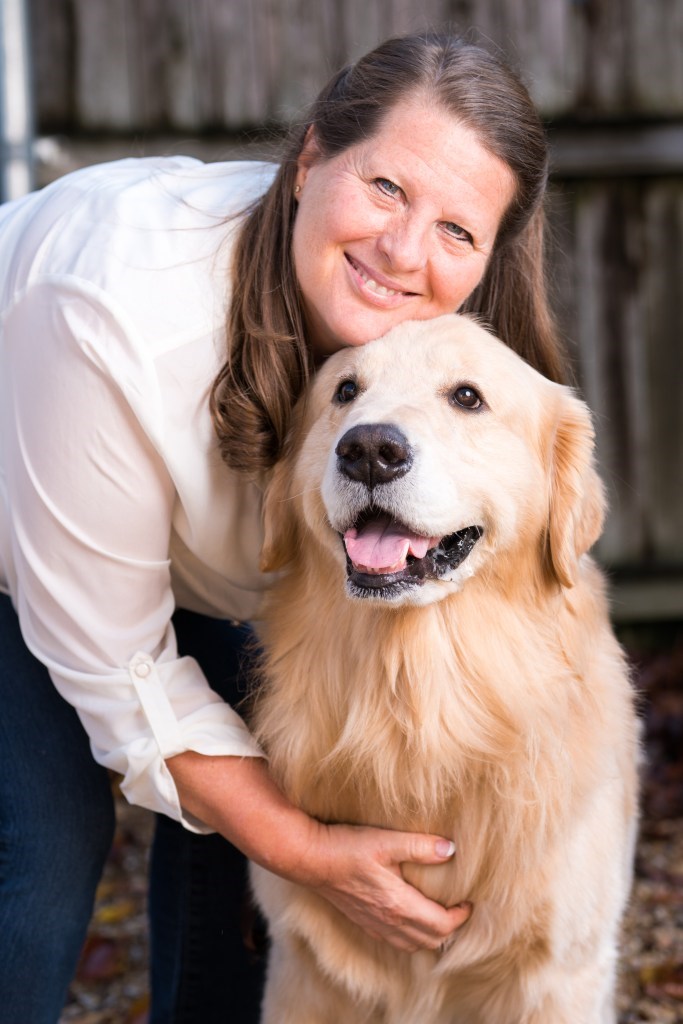
Therapy Dogs
Thirty years ago, Linda Marler started working for Baylor Scott & White as the RN/Education Coordinator at Baylor Institute for Rehabilitation thirty years ago. A lifelong dog lover, she was eager to get involved with the therapy program but was limited to volunteering in her spare time. Today, she is Baylor Scott & White’s full time Animal Assisted Therapy Coordinator.
Linda’s tasks include keeping up with all 98 therapy animals—including a miniature horse, a parrot and a rabbit—and their owners, testing the animals to make sure they qualify for visits, educating human volunteers through training sessions, and organizing visits at most Baylor Scott & White facilities across DFW.
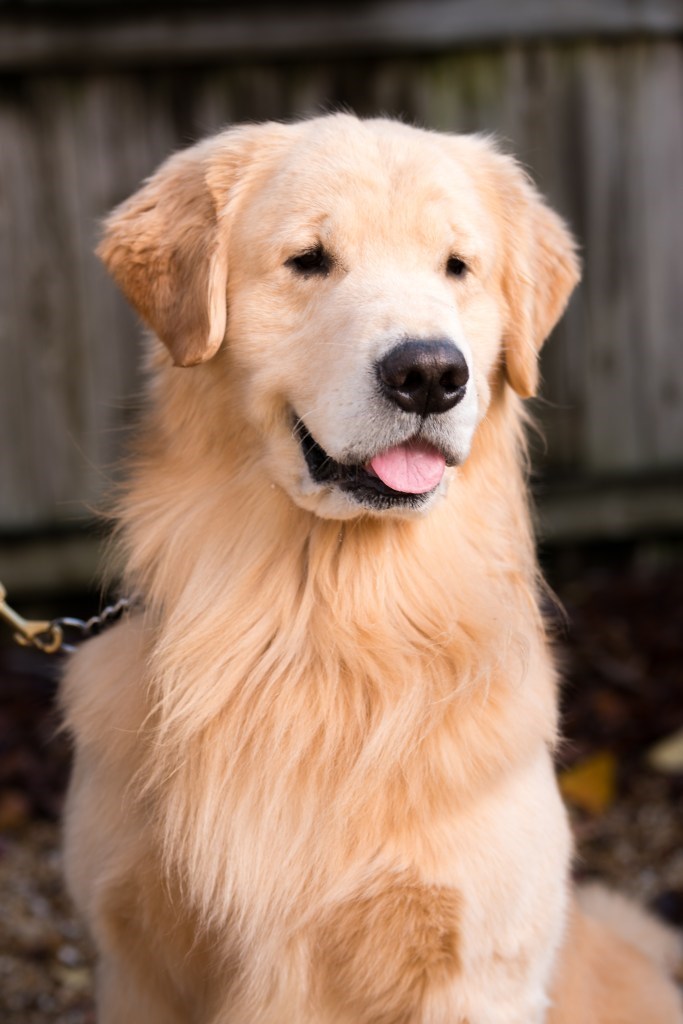
I meet up with Linda and two of her longtime volunteers, Sue Geller and Lisa McCook, at the dog training facility near the hospital in downtown Dallas. Micah, Linda’s eighth dog in the program, sits in a kennel chewing on a bone, while Wasabi, a gray tabby cat, sleeps by the door, soaking up sunshine. Sue’s Bichon, Miss Electra, and Lisa’s Cavalier King Charles Spaniel, Piper, both wear blue bandanas with the Baylor logo and sit attentively on their owners’ laps. We get to talking about how beautiful Micah is and Linda shares that she lost her other golden retriever, Eli, just a few weeks prior.
“When we started volunteering, Eli excelled at working with folks with brain injuries,” Linda says, blinking away a few tears. “One day, we walked into a room and there was an elderly patient with her daughter. The mom was unresponsive, so her daughter asked me to put Eli on the bed. He put his head on her chest and just laid there. All of a sudden, the woman reaches over and starts petting him. She briefly opened her eyes to look at him. The daughter started bawling. Dogs can make that kind of connection.”
Linda says finding the right kind of visit for each therapy dog is one of the most important factors for success. Small dogs, like Miss Electra, can visit multiple rooms doing tricks to distract patients, while bigger dogs can help at physical and cognitive rehabilitation centers.

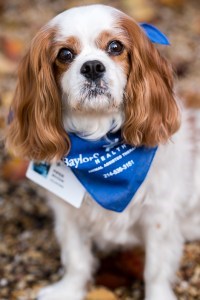
“Instead of doing a therapy exercise over and over again, the patient can play fetch with a dog or brush their hair,” Linda says. “They can walk farther with a dog than with another person. For cognitive therapy, letting patients point and name the dog’s nose, eyes and ears can be less intimidating than finding their own.”
The dogs not only benefit the patients but hospital staff as well. About a year and a half ago, Linda started visiting nurses and doctors in the emergency room.
“I can’t tell you the joy your animal feels when they bring happiness to people. Eli and Micah were at the ER the morning after the police ambush [in July 2016]. You wouldn’t believe the hugs those dogs got. People were just grabbing a hold of them and they were absorbing the staff’s energy. It’s amazing the way it makes you feel.”
That feeling is why Lisa and Sue are lifetime believers in the power of a dog’s love. On Sue’s fourth visit with her dog, Star, they went to the psych floor. They saw a young man sitting on a couch surrounded by puzzles and toys. As soon as he saw Star he started talking to her and asking her questions. Moments later, Sue learned that the young man had been there for three weeks without uttering a word.
“Star got in his lap, and all the nurses had tears in their eyes,” Sue says as her own eyes well up. “It was so profound; it set me on this track. This has been a life changing experience.”
Lisa couldn’t agree more. “It’s amazing because [the dogs are] intuitive enough to understand that the work they do is very important. We do a lot of crying, but we never let people cry alone.”
Service Dogs
Canine Companions for Independence was founded forty years ago and has six locations across the country including their first one with Baylor Scott & White Health at the Kinkeade Campus in Irving. With 5,500 dogs placed since their founding, Canine Companions is the largest provider of assistance dogs in the world.
In California, golden retrievers, labradors and mixes of the two are scientifically bred to produce successful service dogs. At two months old, puppies are given to volunteers, known as puppy raisers, who train and take care of them for a year and a half. Michelle Sudduth is a first-time puppy raiser to Danny, a golden-lab mix.
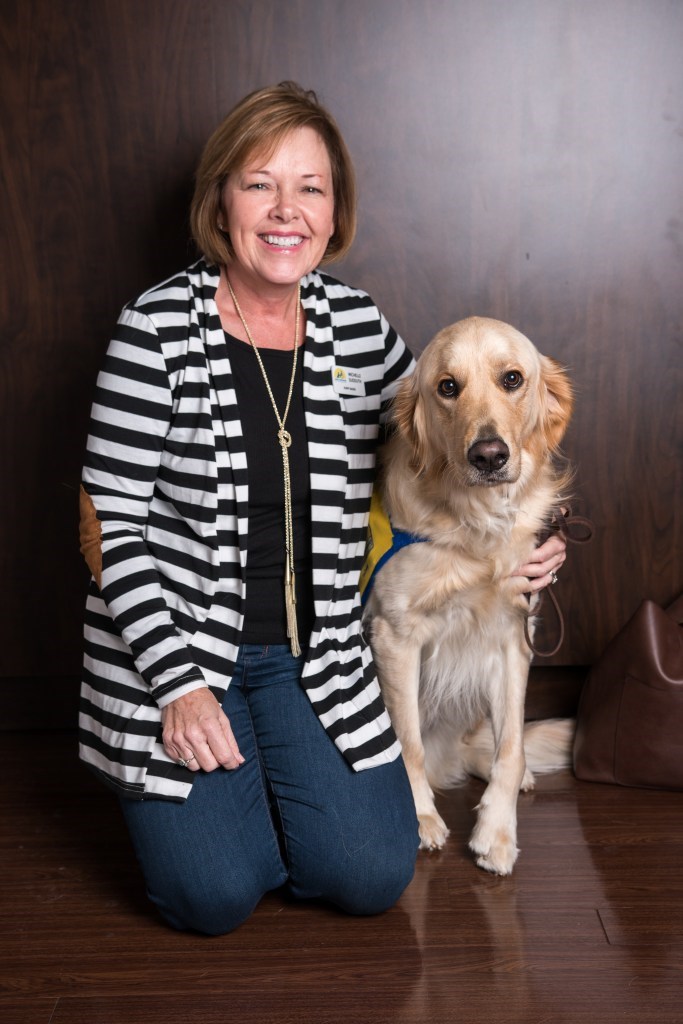
“[As puppy raisers] we teach them the basic commands and get them used to going out in public before they come here for professional training,” Michelle explains. “We come to the campus about twice a month for training and to make sure we’re doing it right. Raising a puppy is rewarding. Of course, everyone always asks, ‘How will you give him up?’ Once you see how cool it is when they go to a family, you just have to do it.”
Kate, received her dog, Jazz, nearly two years ago. Kate’s parents, Lynn and David, didn’t know children with Down Syndrome could apply for a service animal until a puppy raiser told them about Canine Companions. They applied immediately but had to wait two and a half years for a dog to become available. They came to the campus for a two-week intensive training. Finally, at the end, they were paired with a service dog.
“We worked with four out of 18 service dogs for a week to see the chemistry with them and the kids,” Lynn explains. “Then, the trainers choose. Watching the ceremony, it’s all tears. It’s the most emotional moment because they’re finding their forever friend. When Jazz walked in, it was so amazing. Men are crying. We’re wailing. She and Jazz cuddled on the dog bed for almost an hour.”
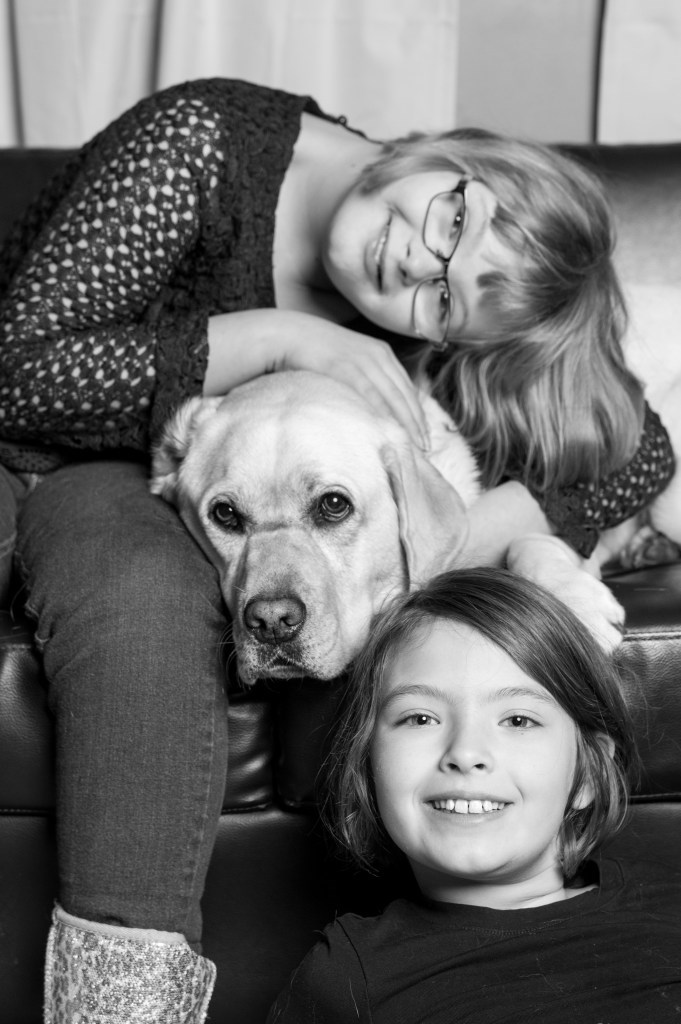
All of the dogs in the program are highly trained and learn 40 commands like picking things up off the floor, snuggling, and tugging open doors and refrigerators.
“People with disabilities want to be independent. These dogs can help give them that,” Michelle says.
Jazz is also there for the little things, like waking Kate up in the morning. For her and Kate, the “crash” command—where the dog lays on top of their owner—provides deep pressure to help with Kate’s anxiety.
“We never had a successful trip to the dentist [with Kate],” Lynn explains. “It was always the cleaning and no x-rays, or no cleaning and maybe x-rays—it’s tough. We had Jazz for about a month, and the dentist never had a service dog in the office before, so everyone was wondering how, or if, this was going to work. Jazz came in, hopped up on the chair and had her head on Kate’s chest. The dentist cleaned her teeth and got x-rays. I was floored.”
Unconditional Love
After talking with so many people who had powerful and healing experiences with dogs, I wondered: Why is our connection as humans so special with dogs?
“That’s an easy one,” Sue says. “It’s unconditional love and no judgement. They don’t care if you’re having a good hair day or not.”
“Dogs don’t care if you’re in a wheelchair,” Linda adds. “They don’t care if you have scars. They don’t stare at you. All they do is love you.”
Lynn says, “The way Jazz works and the love she gives has been remarkable. She gravitates to who needs her the most. You just don’t know until you have them. This dog has completed our family.”

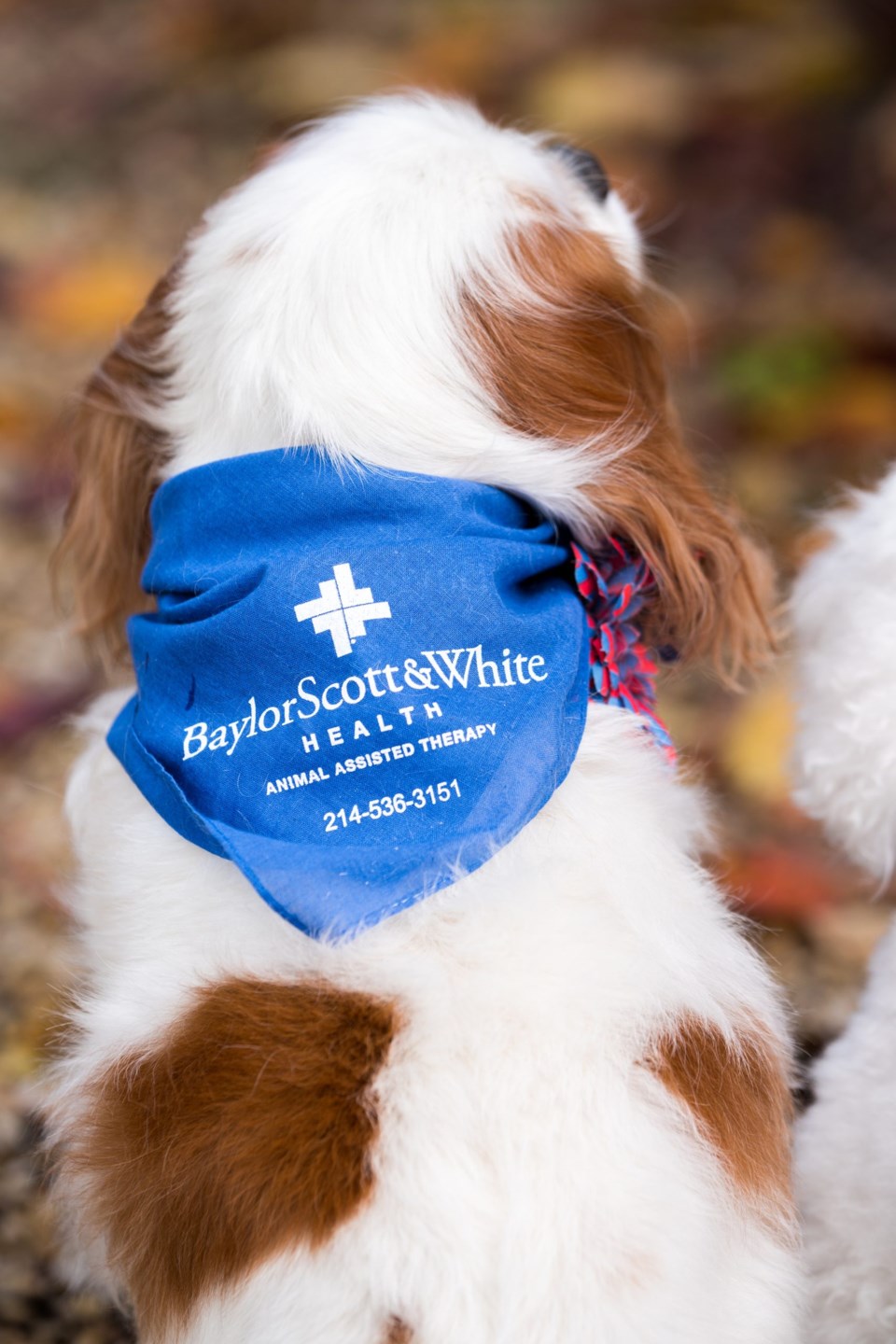
![Top 5 Reads Of The Week [June 23-27]](https://www.vmcdn.ca/f/files/localprofile/images/events/downtown-celina-city-of-celina.jpg;w=120;h=80;mode=crop)

